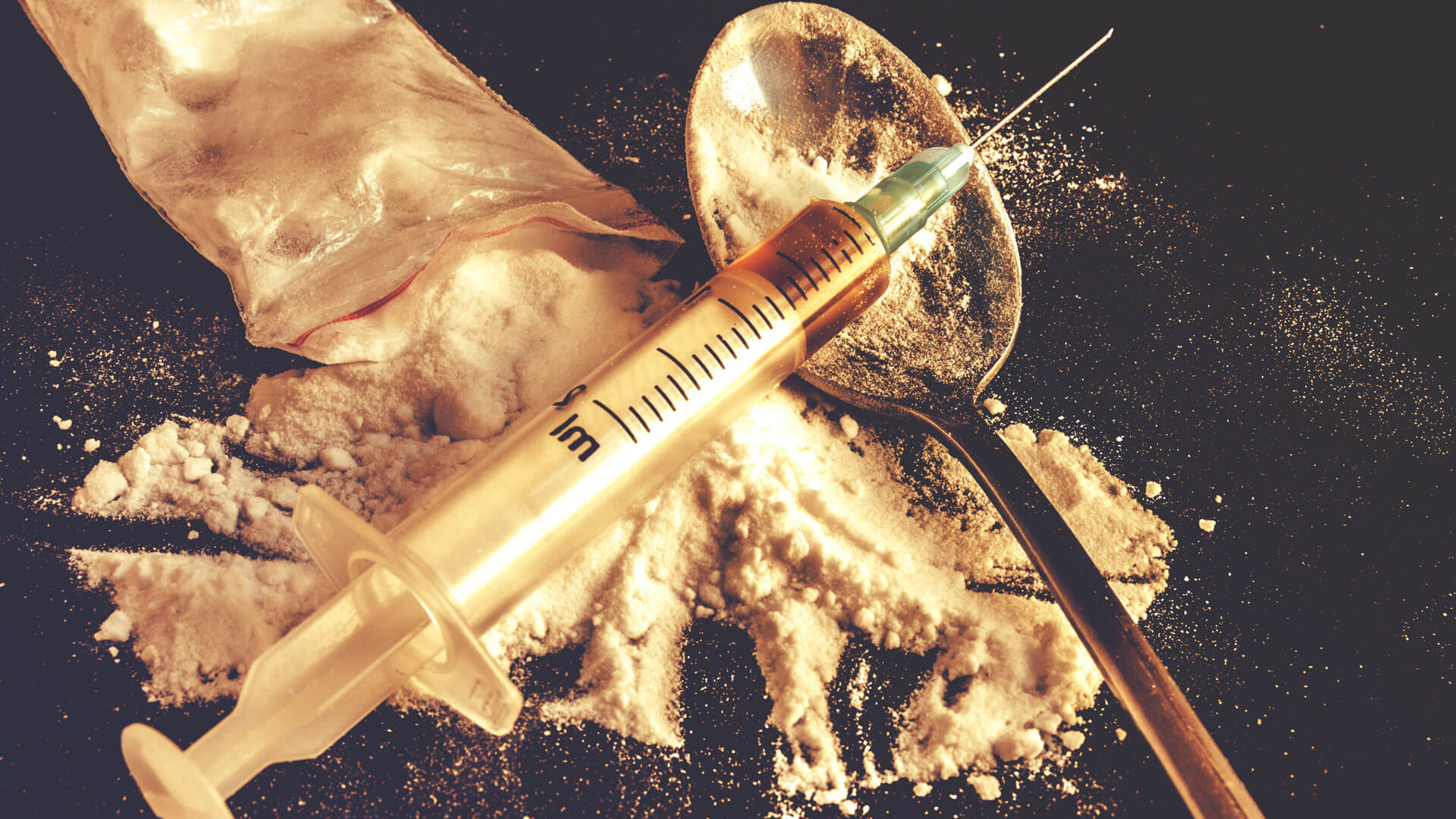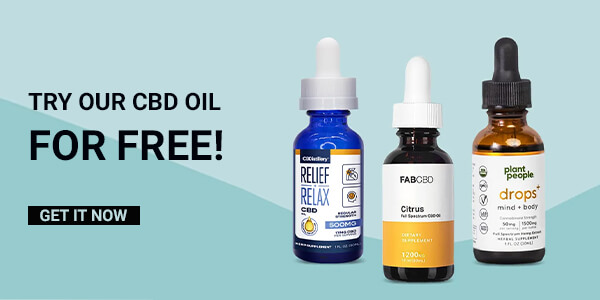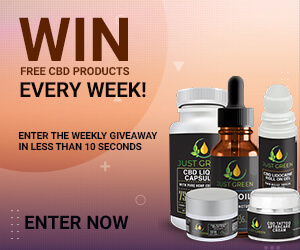As interest in the potential health benefits of cannabidiol (CBD) continues to grow, so do concerns about its association with tetrahydrocannabinol (THC), the psychoactive compound found in cannabis. One common worry among CBD users is whether consuming CBD products can result in a positive drug test for THC, leading to potential legal, employment, or other consequences. In this comprehensive guide, we will delve into the relationship between CBD and drug tests for THC, understand the differences between CBD and THC, explore the likelihood of a positive drug test, and provide practical tips for those who may be subject to drug testing.
1. CBD and THC: Understanding the Differences
a. Cannabidiol (CBD)
CBD is a non-psychoactive cannabinoid found in the cannabis plant. It has gained popularity for its potential therapeutic benefits, including pain relief, anxiety reduction, and anti-inflammatory properties. CBD does not produce the characteristic “high” associated with THC consumption.
b. Tetrahydrocannabinol (THC)
THC is the primary psychoactive compound in cannabis. When consumed, it binds to cannabinoid receptors in the brain and central nervous system, leading to altered perception, mood changes, and the characteristic euphoria associated with cannabis use.
2. The Entourage Effect: CBD, THC, and Synergy
Researchers have discovered that cannabinoids and other compounds found in the cannabis plant may interact synergistically, creating what is known as the “entourage effect.” The entourage effect suggests that the combination of CBD, THC, and other cannabinoids, along with terpenes and flavonoids, may enhance the therapeutic effects of the plant when used together. However, the entourage effect is a complex area of study, and its full implications are still being explored.
3. Drug Testing and THC Detection
Most standard drug tests do not look for CBD, as it is non-psychoactive and does not impair cognitive function. Instead, drug tests focus on the detection of THC and its metabolites. THC is typically detectable in bodily fluids, such as urine, blood, and saliva, for varying periods of time depending on factors such as frequency of use, dosage, and individual metabolism.
4. Full-Spectrum CBD vs. CBD Isolate
a. Full-Spectrum CBD
Full-spectrum CBD products contain a wide range of cannabinoids, including THC, in addition to other beneficial compounds like terpenes and flavonoids. While full-spectrum CBD may contain trace amounts of THC (less than 0.3% in compliance with legal regulations), it is unlikely to cause psychoactive effects or result in a positive drug test, especially with standard recommended dosages.
b. CBD Isolate
CBD isolate is a purified form of CBD that contains no other cannabinoids, including THC. Using CBD isolate significantly reduces the risk of THC detection in drug tests.
5. CBD and THC in Hemp vs. Marijuana
CBD can be derived from both hemp and marijuana plants. Hemp is a variety of cannabis that contains less than 0.3% THC, while marijuana typically contains higher levels of THC.
In the United States, the Agricultural Improvement Act of 2018 (Farm Bill) classified hemp as an agricultural commodity, removing it from the list of controlled substances. This legislation legalized hemp-derived CBD products federally, provided they contain less than 0.3% THC.
However, marijuana-derived CBD products may still contain higher levels of THC and may be subject to different legal regulations in various states and countries.
6. CBD Product Quality and Regulation
The CBD market is diverse and rapidly expanding, leading to varying product quality and regulation. It is essential for consumers to choose reputable brands that adhere to strict quality control measures, ensuring that their products contain the labeled amount of CBD and minimal THC levels.
7. Drug Test Considerations for CBD Users
a. Verify THC Content
When using CBD products, particularly full-spectrum CBD, it is crucial to verify the THC content to ensure it complies with legal regulations and contains only trace amounts of THC.
b. Product Transparency
Choose CBD products from companies that provide third-party lab testing results, offering transparency and confirming the CBD and THC content.
c. Dosage
Following the recommended dosage guidelines can help minimize the risk of THC detection in drug tests.
d. Timeframe
If anticipating a drug test, consider abstaining from CBD products for a period leading up to the test to reduce the likelihood of THC detection.
e. Discuss with Healthcare Providers
If concerned about the potential risks of drug testing, discuss CBD use with healthcare providers to explore alternative options or seek professional advice.
Conclusion
While the relationship between CBD and drug tests for THC may cause concerns for some users, it is essential to understand the differences between CBD and THC, as well as the various factors that may influence drug test results. Generally, CBD products that comply with legal regulations contain minimal THC levels and are unlikely to result in a positive drug test, especially with responsible use.
As CBD research continues to advance, and regulations evolve, it is essential for users to stay informed, choose reputable products, and exercise caution if facing drug testing. Always consult with healthcare professionals if unsure about CBD use, especially if subject to drug testing or if taking other medications.Ultimately, for most CBD users, there is no need to worry about CBD causing a positive drug test for THC when using high-quality, legal products responsibly.
As a Content Writer, he artfully crafts engaging and informative content across diverse topics, translating his expertise into valuable resources for readers. Moreover, in his role as a Corporate Partnerships Adviser, Thomas leverages his strategic mindset to foster mutually beneficial alliances for businesses, driving growth and success.
Thomas Anderson's diverse skill set, encompassing counseling, content creation, and corporate advisory, positions him as a valuable resource for those on the path to personal development and businesses aiming for strategic excellence.
- What Is Thc-P - August 29, 2023
- What are the Best THC-P TINCTURE - August 29, 2023
- Introducing 7 New Cannabinoid Formulations: Delta-10, Hhc, Thc-O, Thcv, And More - August 29, 2023








